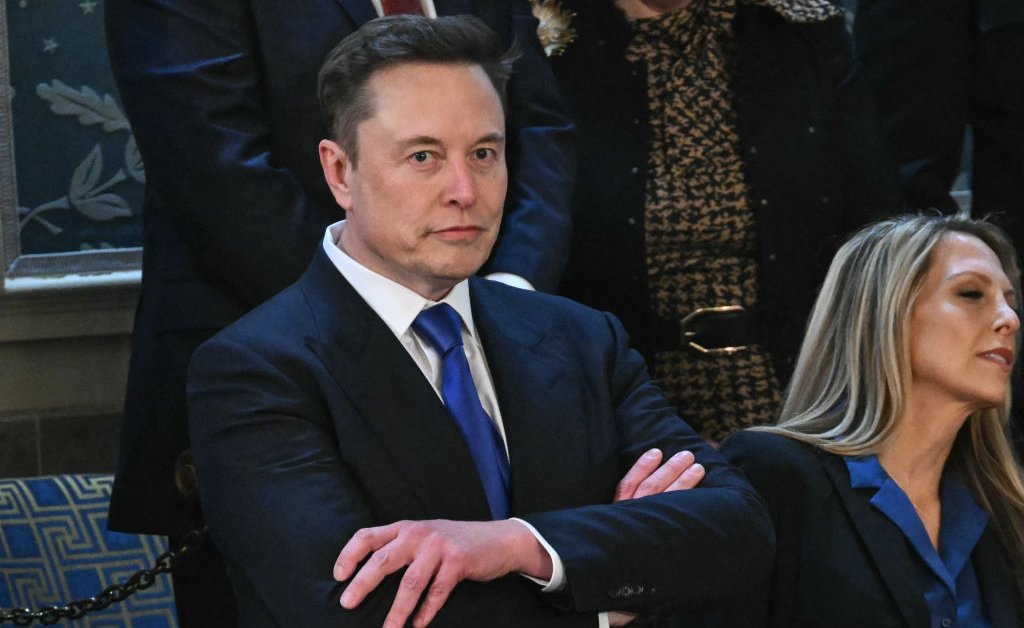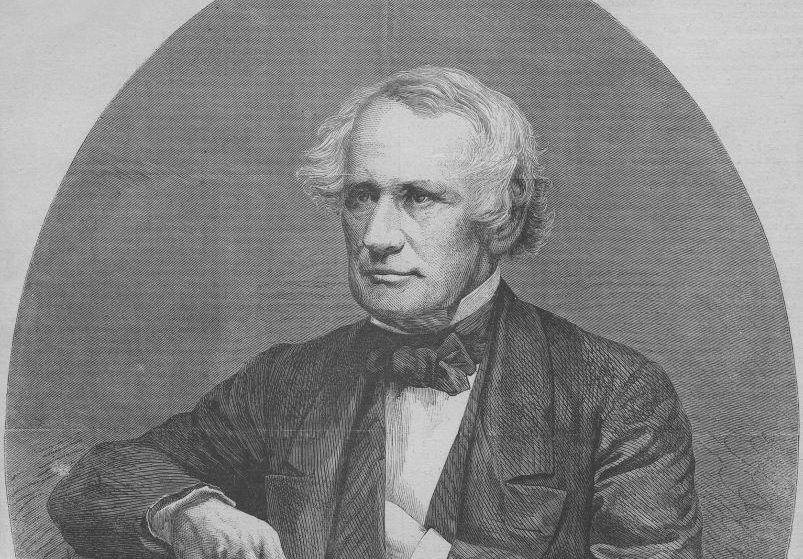President Donald Trump’s sprawling tax-and-spending proposal—touted as the centerpiece of his second-term agenda—is facing intensifying resistance in the Senate, as fresh concerns about its impact on the deficit and a ramped-up campaign by Elon Musk to torpedo the entire package threaten to derail the legislation’s fragile path to passage.
At the center of the turmoil on Trump’s “One Big Beautiful Bill” is a sobering new assessment from the nonpartisan Congressional Budget Office, which reported Wednesday that the bill would add $2.4 trillion to federal deficits over the next decade while stripping health coverage from nearly 11 million Americans, largely through deep Medicaid cuts and the imposition of new work requirements. That analysis sparked alarm among some Senate Republicans, several of whom are demanding substantial changes.
“I think Congress is sort of like a bad behaving teenager when it comes to spending,” Sen. Rand Paul of Kentucky, one of the Republicans threatening to vote against the bill, told TIME on Wednesday. “If you had a teenager that you were giving $100 a week and they wasted all of it on gambling or on booze, would you give them $200?”
White House Press Secretary Karoline Leavitt and other prominent Republicans tried to dismiss the CBO’s projections by arguing its analysis was flawed or biased. But fiscal hawks in the Senate remained dug in, buoyed by former Trump advisor Elon Musk, who extended his all-out offensive against the bill. A day after using his vast social media reach to brand the bill a “disgusting abomination,” he posted more than two dozen messages on X on Wednesday attacking the legislation, as well as urging his followers to call Congress and “KILL the BILL.”
Musk’s ire appears especially focused on how the bill’s expansion of the deficit would erase the cost-cutting he hoped to accomplish with the Department of Government Efficiency, which he led under the Trump Administration. He has also expressed concerns with provisions in the House-passed bill that would terminate clean energy tax credits and electric vehicle subsidies established under the Inflation Reduction Act. Tesla Energy, Musk’s solar and battery company, has warned that ending those credits “would threaten America’s energy independence and the reliability of our grid.” The sharp reversal has blindsided some Republicans, who were counting on Musk’s tacit support.
House Speaker Mike Johnson, who has spearheaded the bill’s passage, tried to stem the fallout by reaching out to Musk directly. “I hope he comes around,” Johnson said Wednesday, though he added that Musk has not returned his call.
Inside the Senate, Johnson’s broader strategy—pushing through House priorities quickly and with minimal changes—is beginning to unravel. Senate Majority Leader John Thune of South Dakota acknowledged that significant changes to the bill are now unavoidable. “We’ll make some modifications to it, strengthen and improve it,” Thune said Tuesday. “But at the end of the day, the math is simple—51 in the Senate, 218 in the House. That’s what we’re working toward.”
One potential modification Thune has expressed interest in is scaling back the $40,000 state and local tax (SALT) deduction cap in the House version of the bill, an increase from the current $10,000 cap that House Republicans from high-tax states secured as a concession. But not all Republicans agree with the additional spending: “There really isn’t a single Republican senator who cares much about the SALT issue,” Thune told reporters as he departed a meeting with Trump and Senate Republicans on Wednesday evening, saying that they discussed ways to dial that money back. It’s a move that could alienate House Republicans from New York and New Jersey, who say their support is contingent on the SALT provision.
“Let’s be clear — no SALT, no deal,” New York Republican Mike Lawler said Wednesday in a post on X.
Additionally, the bill’s sweeping changes to Medicaid, such as imposing new work requirements, are a sticking point. Republican Senators Josh Hawley of Missouri and Jim Justice of West Virginia have raised red flags over a provision that would eliminate provider taxes—mechanisms that states use to fund Medicaid—which they argue could shutter rural hospitals. Hawley is also opposed to a so-called “sick tax” in the bill, which would impose new charges on low-income patients for medical visits. Other Republican Senators, including Susan Collins of Maine and Lisa Murkowski of Alaska, may also put up roadblocks over potential cuts to Medicaid.
Trump has personally intervened, holding calls with Sens. Hawley, Paul, and Scott. But there is little evidence he has swayed skeptics.
Paul, a libertarian-leaning lawmaker who has vocally pushed back on many Trump Administration policies, told TIME that he plans to vote against the bill over its provision to raise the debt ceiling by trillions of dollars. “Congress has been acting irresponsibly for decades,” he said. “We spend $2 trillion more than to come in. They should have a very narrow leash. The only debt ceiling they get should be very, very narrow in time and very, very small in amount. And the more we vote on the debt ceiling, the better. I’d vote on it every three months.”
Trump, meanwhile, renewed his calls on Wednesday for scrapping the debt ceiling altogether.
The growing litany of disputes has created a daunting legislative gauntlet for Trump’s signature bill. Senate committees are now beginning to draft their own version, starting with less controversial sections and leaving the most divisive elements—Medicaid, energy, taxes—for later. Should the Senate approve any amended version, it must still clear the House once again—no small task given the narrow margins and the emboldened dissent among House Republicans.
The stakes are high not just for Trump, but for Republicans heading into a contentious midterm season. Failure to extend Trump’s 2017 tax cuts would translate into a tax increase for many Americans. Trump’s legislation would also boost spending on defense and border security, while reducing spending on Medicaid and food stamps.








